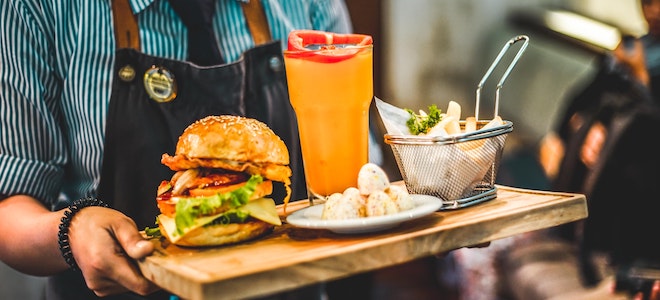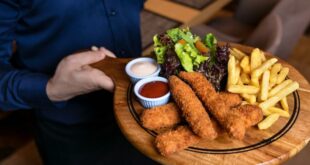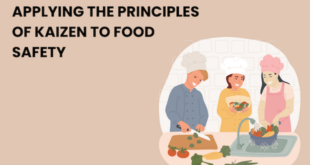Last Updated on March 13, 2023
The global culinary tourism market is expected to achieve a value of $1.796.5 billion by 2027, enjoying steady growth as the world returns to normal and travel once again becomes a reality. If you have a passion for travel and food, you may be thinking of opening a food business (such as a restaurant or catering company). Read on to discover a few essentials to place in your checklist so you can entice foodies with the perfect gourmet oasis.
Drafting a Business Plan
Your business plan will need to cover key essentials such as your food business concept, your logo and name, target market, planned location, menu and price scale, budget, and the number of employees you plan to hire. The plan should include key expenses such as business insurance and F&B workers’s comp. The latter is particularly important, as food and beverage jobs can pose potential hazards to employees. The costliest injury type in the industry are trips and falls, followed by cuts and scrapes. Your plan should additionally include estimates on staff’s monthly salaries.
You may also enjoy 20 Top Staple Foods From Around The World – Infographic
Investing in Quality Equipment
View this post on Instagram
Equipment such as Josper grills, ovens, fryers, grills, and the like are some of the biggest expenses of food-based businesses. Investing in equipment from quality brands is important, however, since doing so will provide your business with the required guarantees. It will also increase the chance of your equipment lasting for many years, so you don’t end up paying more for equipment replacement or repairs. Additional expenses include furniture for your interiors, decorative elements, cutlery, tableware, glassware and bar equipment, and more.
Obtaining Required Licenses and Permits
There is quite a bit of paperwork to get through when you open a restaurant so enlisting the help of someone specialized in the legal aspects of setting up a business, or go through the list of requirements and ensure you are compliant. Just a few of the many small steps you need to take to legally open a restaurant include registering your business and obtaining required papers such as a certificate of occupancy, employer identification number, food handler’s permit and more. You should also protect your business name by applying for trademark protection from the CIP or USPTO.
Marketing Your Brand
View this post on Instagram
Once you have opened your establishment and hired the right team, investing in strategies is key if you are to raise awareness about your brand, start getting reviews and recommendations, and create the kind of hype that will get people curious about the dishes you serve. The first step is to hire a good marketing company that will create the perfect logo and style – one that will work on your website, merchandise, and publicity material. Your branding should capture your company’s core values and reason for existence and it should be unique, captivating, and truly representative of what you are offering. Because digital marketing is going from strength to strength, you should additionally have thorough strategies in place in this realm, Prioritize SEO, blogging, and social media platforms such as Instagram. Take into account the fact that 86% of top brands have Instagram accounts and that this platform has an 84% higher engagement rate than Twitter. Visual data is processed by the brain more quickly than text and there are few better ways to entice customers to your establishment than by showing them tempting pictures of the food you serve.
You may also enjoy 7 Tips to Take Amazing Food Pictures When You’re Traveling
Food is an excellent industry to get into (or back into) after a difficult 2020. When starting your business, make sure you cover all the essentials – including making a thorough business plan, filing for all required permits, and investing in top equipment. Remember to hire the best staff and leave room in your budget for marketing. Your website, social media sites, and communications should be professional, consistent, and in line with your core values and ethos.
 Travel for Food Hub The Food Blog for Travel Lovers
Travel for Food Hub The Food Blog for Travel Lovers
















